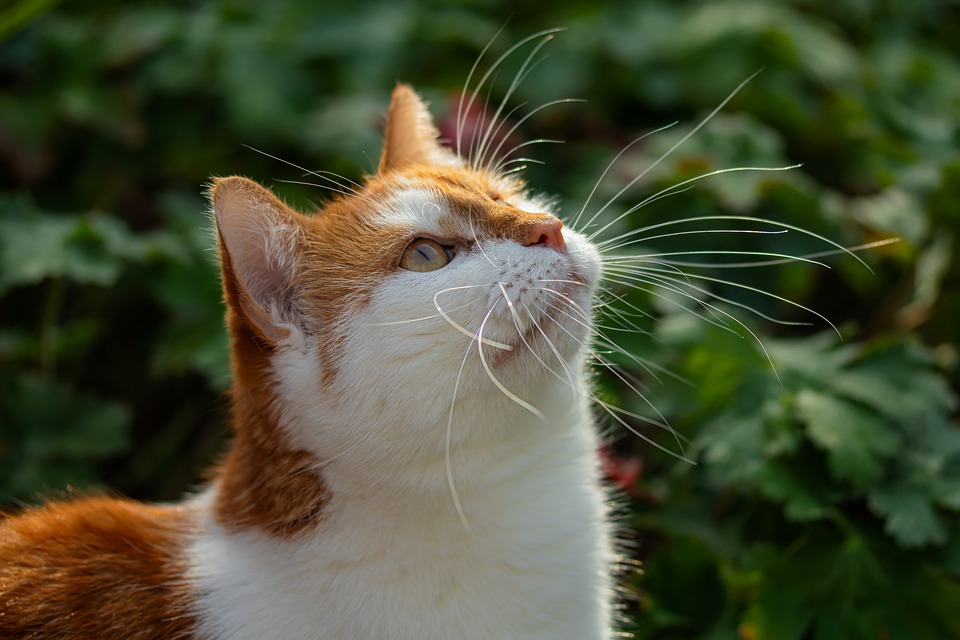As the DKI Jakarta Provincial Government issues a warning about the potential threat of peste de petits ruminant (PPR) disease, it is crucial for the public to be informed and vigilant about this infectious disease that affects small ruminant animals such as goats and sheep. While PPR does not pose a direct risk to humans, it can have devastating consequences for livestock populations if not properly managed.
According to the DKI Food, Maritime, and Agricultural Security Service (DKPKP), PPR has been identified as a significant concern in Southeast Asia, with Thailand being the first country in the region to report cases of the disease in February 2021. This raises concerns about the potential spread of PPR to neighboring countries like Indonesia, highlighting the importance of early detection and prevention measures.
PPR is primarily transmitted through the trade of infected animals in markets, where the virus can easily spread to healthy animals in close proximity. The disease can be transmitted through various means, including tear fluids, nasal secretions, droplets from coughing and sneezing, as well as contaminated feed and water sources. This makes it essential for livestock owners and traders to exercise caution and implement strict biosecurity measures to prevent the spread of PPR.
The clinical symptoms of PPR in animals are severe and can lead to high mortality rates if left untreated. Affected animals may exhibit signs such as high fever, reddish gums, nasal and ocular discharge, severe diarrhea, oral lesions, coughing, and respiratory distress. The rapid progression of the disease can result in death within a matter of days, making early detection and intervention critical in saving livestock populations.
To prevent the spread of PPR, the DKPKP advises livestock owners to prioritize cleanliness and sanitation in animal housing facilities. This includes regular disinfection of cages, separation of sick animals from healthy ones, and prompt reporting of any suspected cases to veterinary authorities. By taking proactive measures to control the spread of PPR, farmers can protect their livestock and prevent economic losses associated with disease outbreaks.
In conclusion, the threat of PPR highlights the importance of disease surveillance and biosecurity practices in the livestock industry. By raising awareness about the risks associated with PPR and promoting proactive measures to prevent its spread, the DKI Jakarta Provincial Government aims to safeguard the health and well-being of small ruminant animals in the region. It is essential for all stakeholders, including farmers, traders, and veterinary authorities, to work together in combating infectious diseases like PPR and ensuring the sustainability of livestock production in Indonesia.





